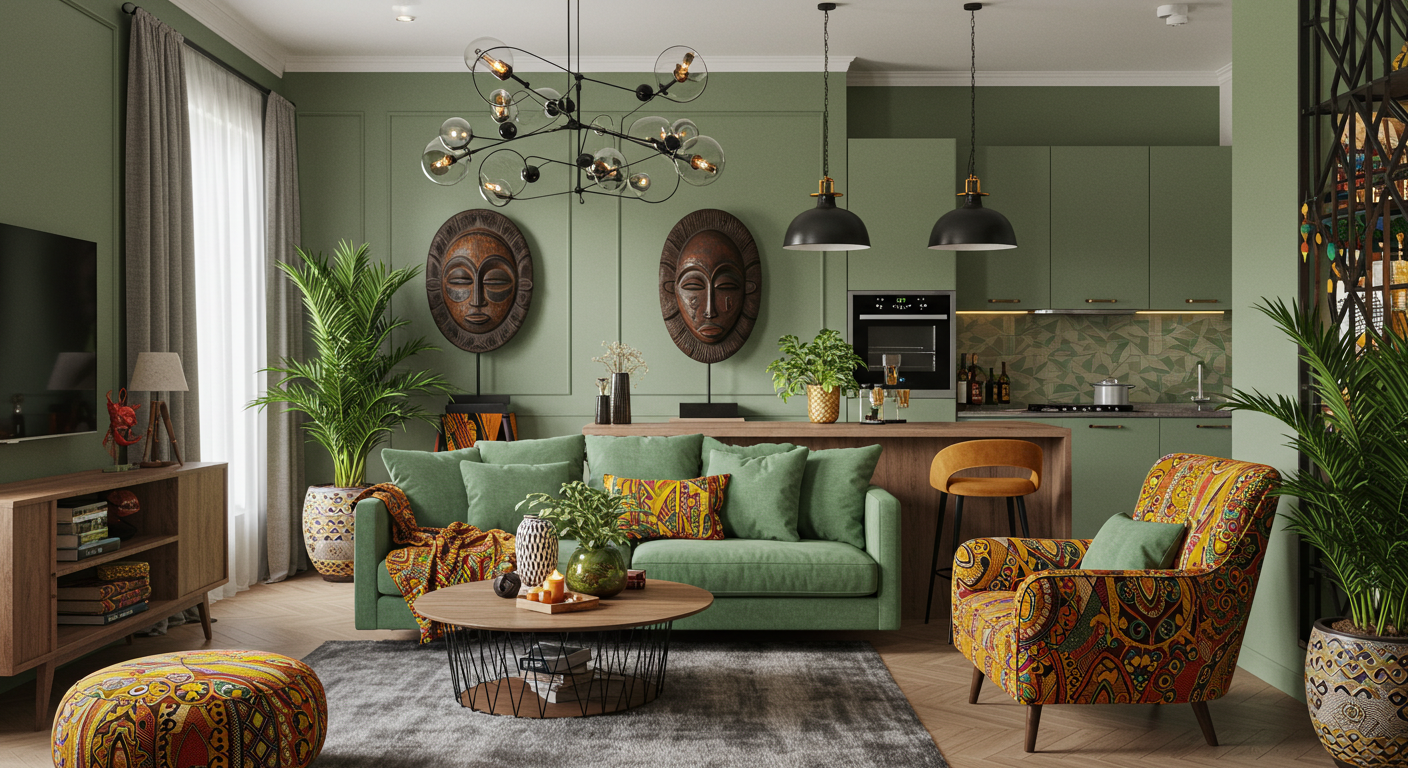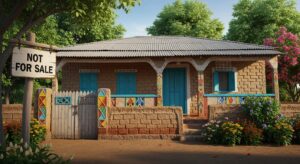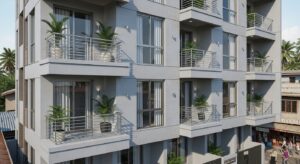Congratulations — you’ve purchased your new home in Ghana! Whether it’s your forever home, an investment property, or a vacation escape, the next major milestone is furnishing it well.
But where do you start? Import or buy locally? What are the price ranges? How do you ensure quality and durability in the Ghanaian climate? And what are the common challenges diaspora homeowners face?
In this guide, we break it all down — with real costs, local insights, and smart strategies to help you furnish your home beautifully, practically, and within budget.
1. Understand the Local Furniture Market in Ghana
Ghana’s furniture industry is growing, with local manufacturers, carpenters, and high-end boutiques serving a range of needs. According to the Ghana Statistical Service, the furniture and home furnishing sector grew by 14.2% in 2023, driven largely by urban real estate development and diaspora investments.
Local Options:
- Locally-made furniture: Affordable and customizable; great for wooden pieces like beds, sofas, wardrobes.
- Imported furniture: Available at retail chains and showrooms in Accra and Kumasi; usually more expensive but ready-made.
- Custom carpentry: Hiring a carpenter gives you control over materials, finish, and size, especially if you’re furnishing a uniquely sized room.
Popular Local Suppliers Include:
- Orca Deco
- Lifestyle Gallery
- Casa Trasacco
- Palace Home Décor
- Local carpenters in Madina, Spintex, and Kumasi’s Suame area
2. Average Cost to Furnish a Home in Ghana
Here’s a rough breakdown of what it could cost to fully furnish a 3-bedroom home in Accra or Kumasi, based on 2024 market estimates:
| Item | Local Avg. (GHS) | Imported Avg. (GHS) |
|---|---|---|
| Living Room Set (Sofa, TV stand, coffee table) | 10,000 – 25,000 | 25,000 – 50,000 |
| Dining Set (6-seater) | 5,000 – 15,000 | 15,000 – 30,000 |
| Beds (3 queen-sized + mattresses) | 12,000 – 25,000 | 20,000 – 45,000 |
| Wardrobes & Dressers | 6,000 – 12,000 | 12,000 – 25,000 |
| Curtains & Blinds | 3,000 – 8,000 | 6,000 – 12,000 |
| Kitchen Appliances | 8,000 – 20,000 | 20,000 – 40,000 |
| Décor, Lighting, Accessories | 5,000 – 10,000 | 10,000 – 20,000 |
| Total Estimate | GHS 49,000 – 115,000 (~$4,000–$9,500) |
Note: Prices vary based on location, brand, customization, and inflation. As of 2024, Ghana’s inflation rate remains around 23%, impacting materials and delivery costs.
3. Importing vs Buying Locally: Pros & Cons
✔ Importing Your Furniture:
Pros:
- High quality and familiar brands
- Consistent design aesthetic
- Great for specific needs (orthopedic beds, large appliances)
Cons:
- High import duties (up to 30–40% on furniture items)
- Freight and clearing costs can equal or exceed item value
- Customs delays and risk of damage in transit
✔ Buying or Building Locally:
Pros:
- Supports the local economy
- Faster turnaround and easier coordination
- Can be more cost-effective if negotiated well
Cons:
- Varying quality standards — inspect materials carefully
- Custom orders may take longer than quoted
- Warranty and returns may be limited
4. Must-Know Tips for Diaspora Buyers Furnishing Remotely
- Use a trusted agent or project manager: If you’re furnishing from abroad, work with a local firm (like DPN Global) to supervise purchases, deliveries, and installations.
- Ask for progress photos/videos: Regular updates help you track quality and timelines.
- Request samples: For fabrics, finishes, or paints — especially when working with carpenters or decorators.
- Pay in stages: Structure payments in milestones to avoid incomplete or subpar work.
- Plan ahead for power ratings: Appliances from North America may not match Ghana’s 220V standard — buy locally to avoid voltage mismatch.
5. Climate-Proofing Your Furnishings
Ghana’s climate is tropical, humid, and varies significantly between seasons. Choose materials accordingly:
- Wood: Go for seasoned hardwoods like mahogany, odum, or teak. Avoid MDF and particleboard, which warp in humidity.
- Upholstery: Choose breathable, mildew-resistant fabrics.
- Appliances: Look for energy-efficient, inverter-rated units to manage power fluctuations and reduce electricity bills.
6. Creating a Cohesive Design Aesthetic
Many diaspora buyers want their homes in Ghana to reflect both global sophistication and African identity. Consider blending:
- Modern minimalist furniture with locally woven textiles (like kente or fugu)
- Ghanaian wall art, pottery, or woven baskets as statement pieces
- Neutral base palettes with rich earth tones and wood textures
Working with an interior designer familiar with both Western and African tastes can help you strike this balance beautifully.
Final Thoughts: Furnishing with Strategy, Style, and Savings
Furnishing your new home in Ghana is not just about filling rooms — it’s about creating a space that reflects your identity, supports your lifestyle, and enhances property value. Whether you’re importing high-end pieces or working with local artisans, your choices should balance quality, function, and longevity.
DPN Global works closely with diaspora homeowners to provide end-to-end property services — including furnishing coordination, local supplier vetting, and project oversight.
Ready to Furnish Your New Home in Ghana?
We’re here to make it seamless. From sourcing furniture to managing deliveries, DPN Global supports diaspora clients every step of the way.







